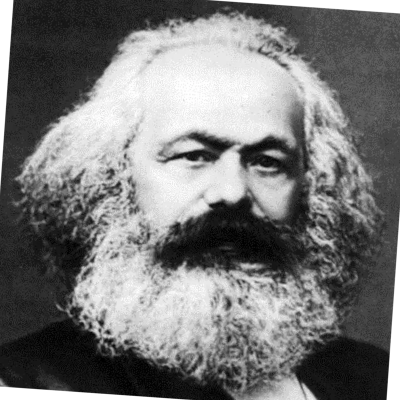I'm reading and I'm on Chapter 3 right now.
GenZhou
GenZhou: GenZedong Without the Shitposts(TM)
See this GitHub page for a collection of sources about socialism, imperialism, and other relevant topics.
We have a Matrix homeserver and a Matrix space (shared with GenZedong). See this thread for more information.
Rules:
- This community is explicitly pro-AES (China, Cuba, the DPRK, Laos and Vietnam)
- No ableism, racism, misogyny, transphobia, etc.
- No pro-imperialists, liberals or electoralists
- No dogmatism/idealism
- For articles behind paywalls, try to include the text in the post
- Mark all posts containing NSFW images as NSFW (including things like Nazi imagery)
- Unserious posts will be removed (please post them to /c/GenZedong or elsewhere instead)
I made it until Chapter 10, where I've stopped for now, this week, you could catch up quickly as well in the following week....
You got it.
some questions for chapter 6:
- What is the main difference between labour power and other commodities?
- Under what circumstances does a worker need to sell their labour power on the market?
- What does Marx mean by the worker alienating themself from their labour power?
- What are the two conditions necessary for capital to arise?
- Of what does the production of labour power consist?
- How is the value of labour power determined? What about the minimum value?
- What is the result of consuming labour power?
my answers:
- Labour power is the only commodity whose use creates more value.
- When they can't use it to create their own commodities to sell on the market (i.e. if they have no means of production) but they can't produce a satisfactory amount of means of subsistence on their own.
- That workers have to resort to selling their labour power rather than using it themselves.
- When the owner of the means of production also owns the means of subsistence necessary to buy labour power, and when labour power is continuously sold on the market by workers who has nothing else to sell. ^(In\ hindsight,\ the\ "two\ conditions"\ part\ was\ probably\ more\ confusing\ than\ helpful\ for\ this\ question)^
- In the worker's maintenance -- including training/education as well as preparation for eventual replacement as a seller of labour power (childcare) -- which requires some quantity of the means of subsistence.
- By the value of the means of subsistence needed to buy the labour power. The minimum value is that of the physically indispensable means of subsistence (food, water, etc.), but the actual value depends on historical conditions, including societal expectations.
- The production of commodities and surplus value.
Currently on chapter 3, but why does Marx talk of a "money-name" versus content of money?
The word pound, for instance, was the money-name given to an actual pound weight of silver. As soon as gold had driven out silver as a measure of value, the same name became attached to, say, one fifteenth of a pound of gold, depending on the ratio between the values of gold and silver. Pound as a money-name and pound as the ordinary weight-name of gold are now two different things.
he's illustrating that, in non-fiat currencies, the name of a certain quantity of money does not necessarily correlate to the actual money commodity
Oh, good point.
